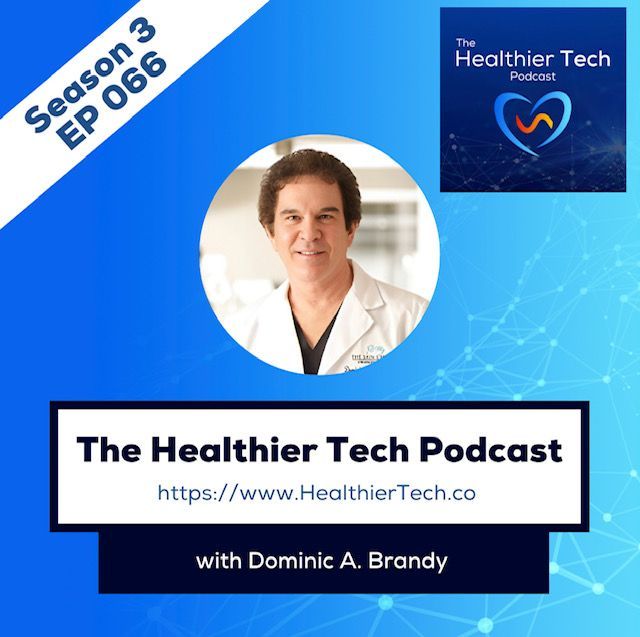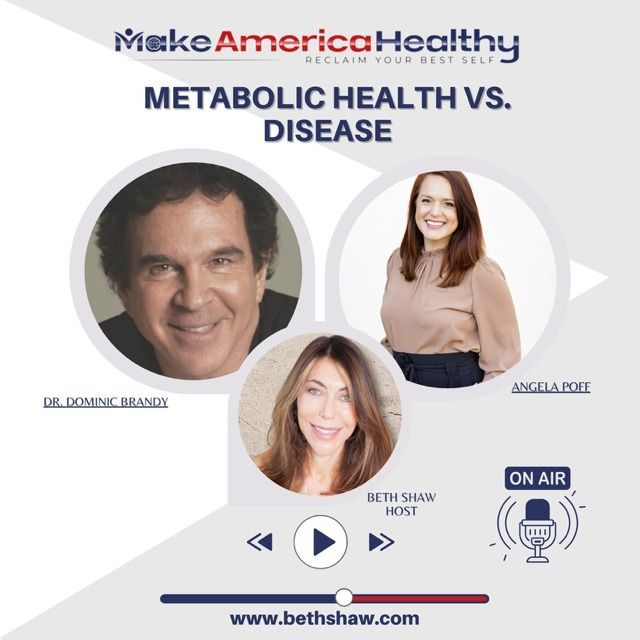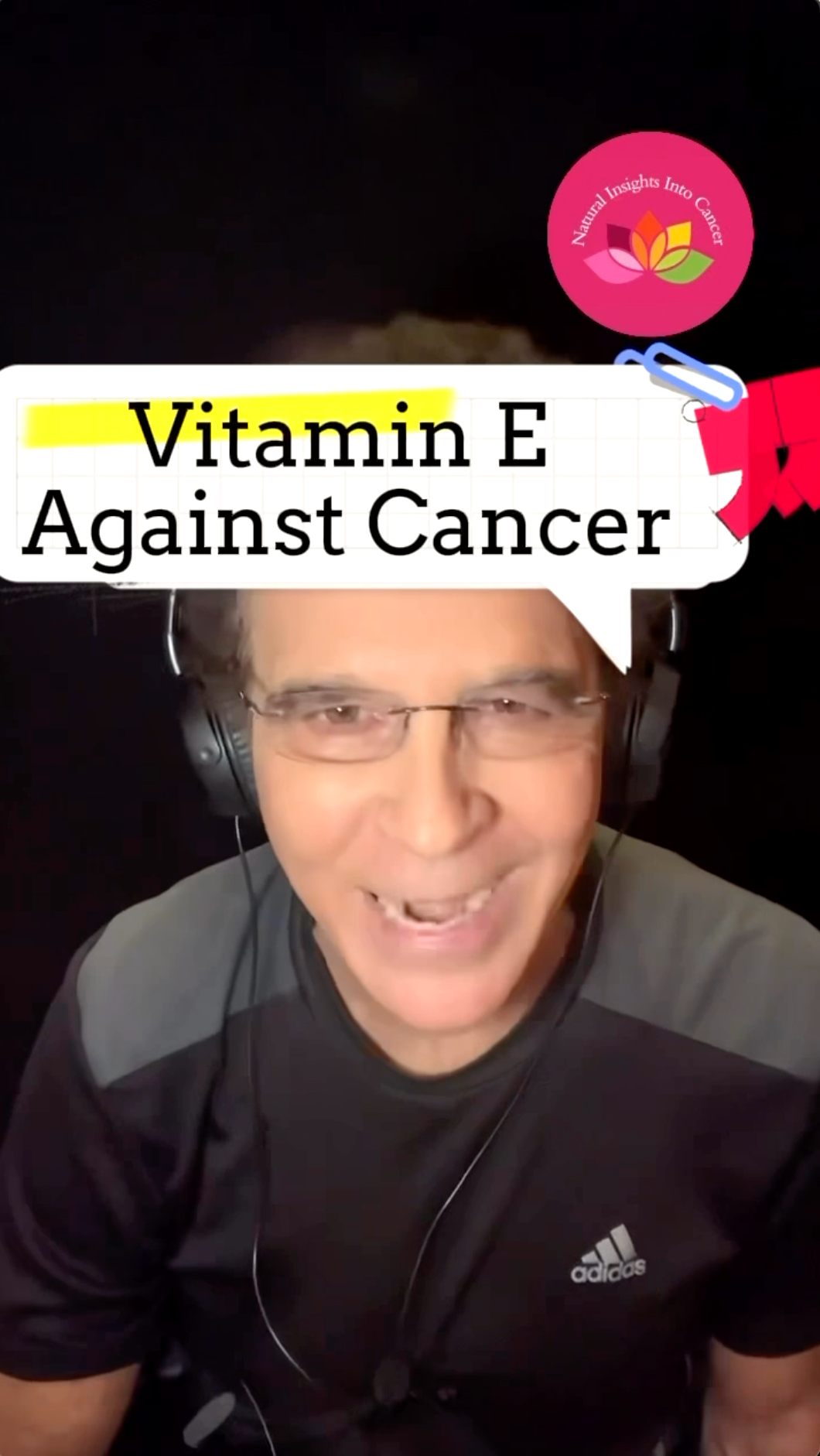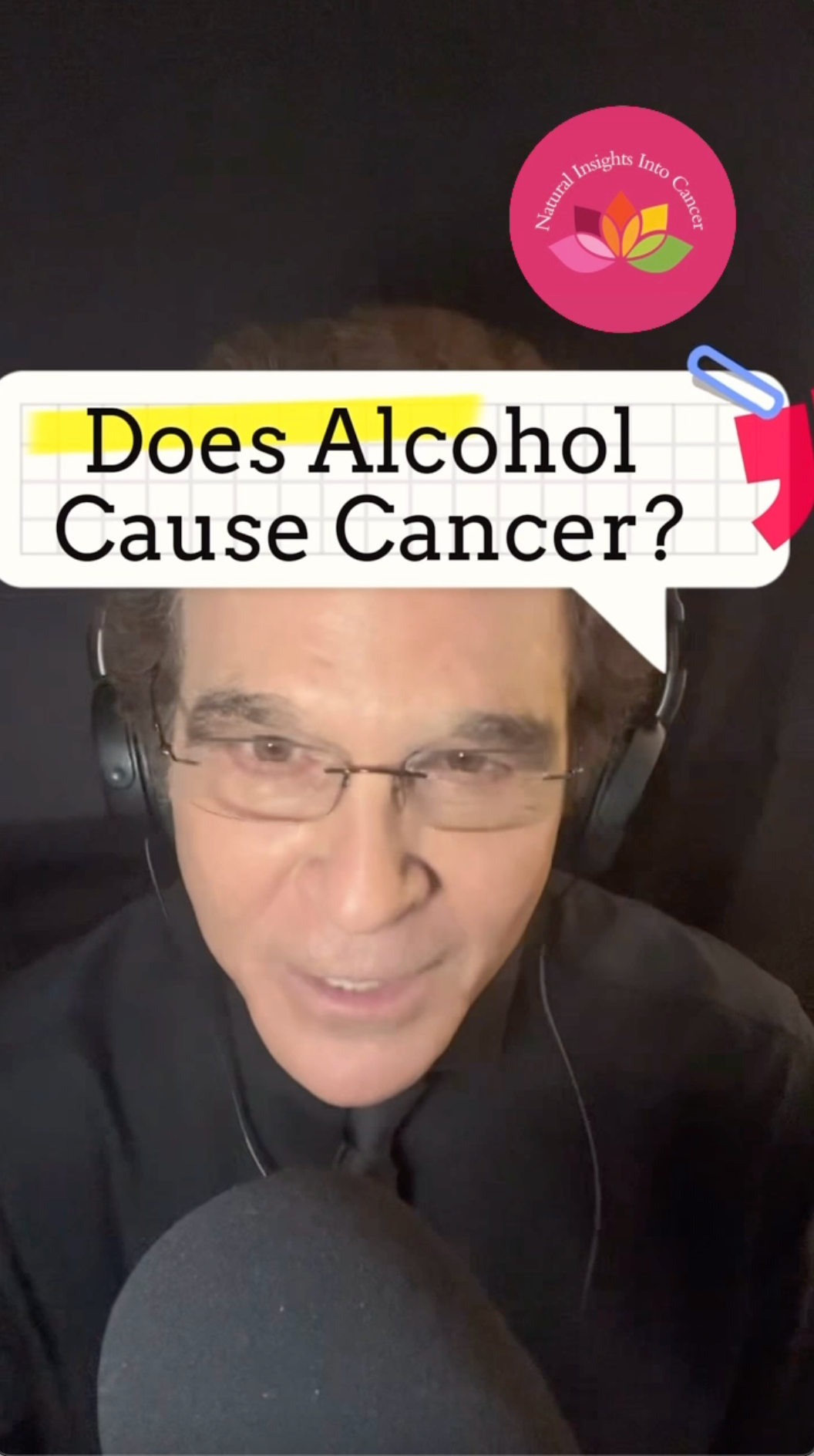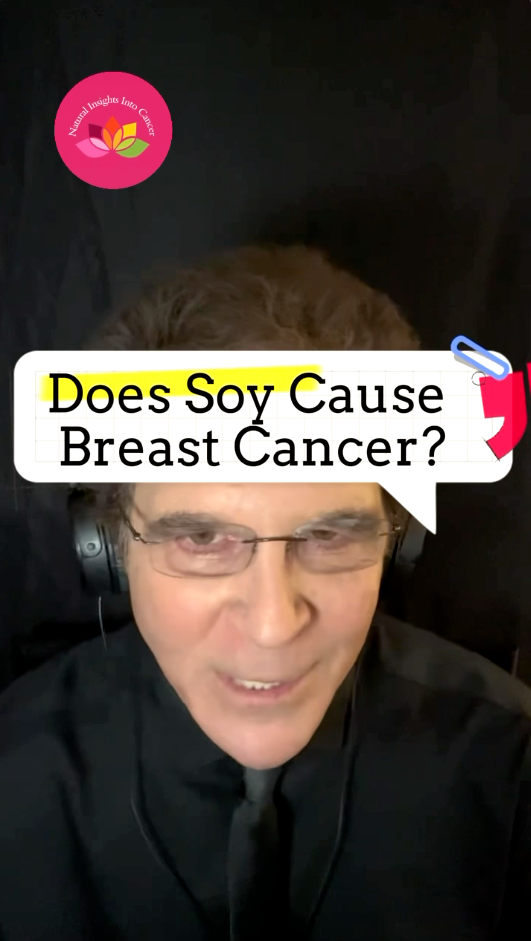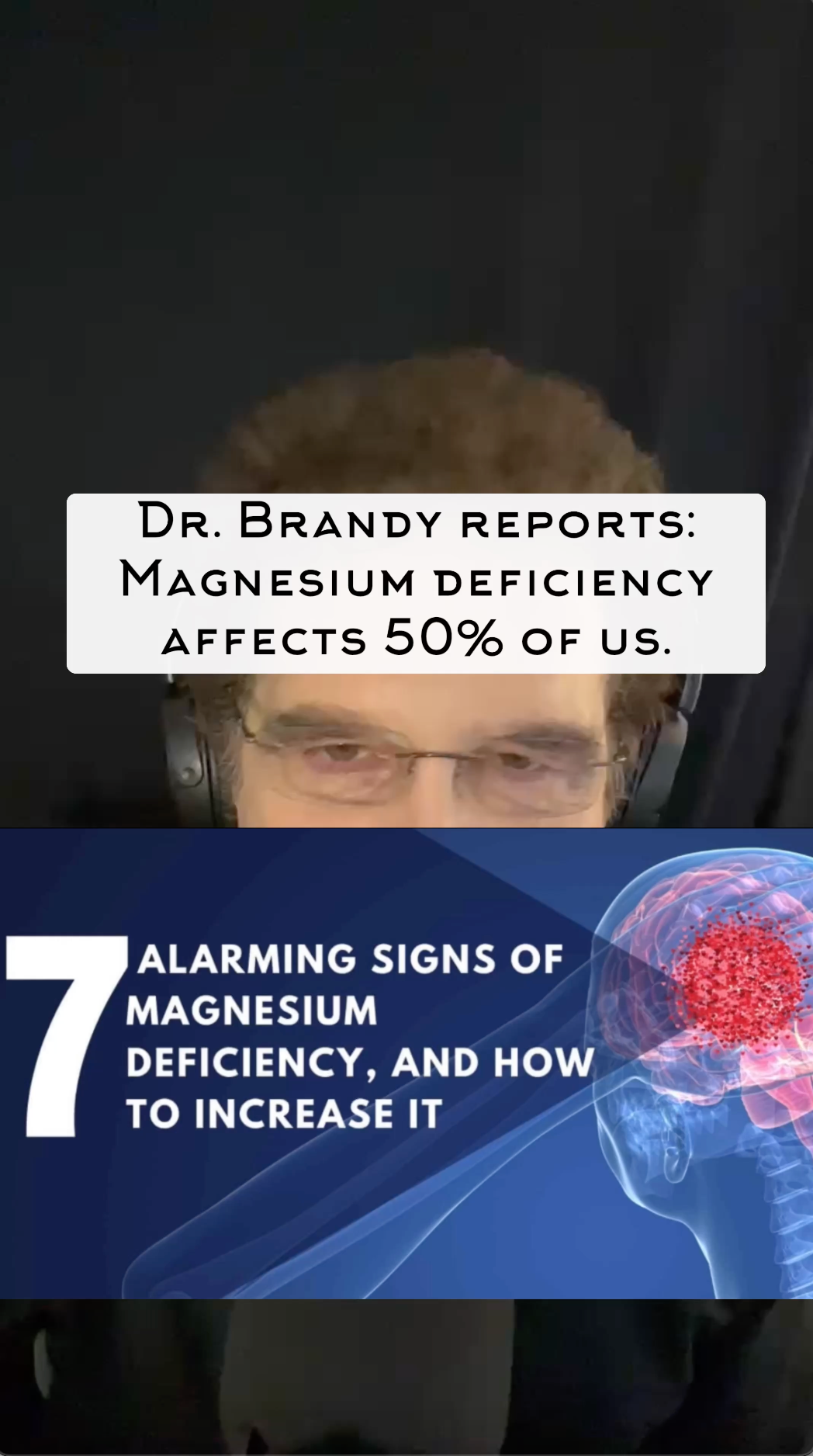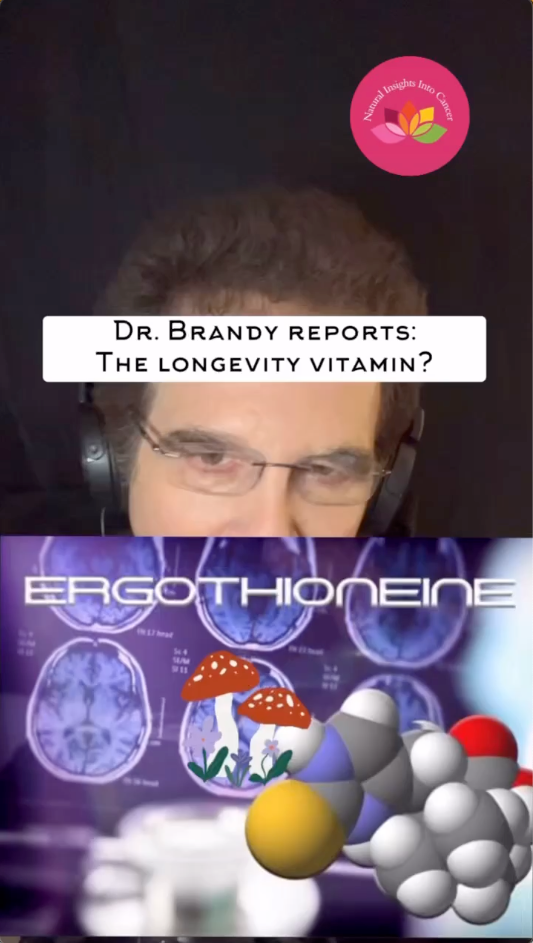The Power Of Exercise

We always hear that people who exercise have fewer and milder colds. Exercise enthusiasts tend to boast that they hardly ever get sick when compared to sedentary folks. Before scientists decided to start studying this, no one really knew for sure if this was true. To get to the bottom of this question, one research group collected data on more than 1,000 people from the ages of 18 to 85. Over 12 weeks, during the winter months, they tracked the number of upper-respiratory infections that these individuals acquired. The individuals were quizzed on all the variables that could affect the results. They were asked how much aerobic activity they did on a weekly basis, and each of the participants had their fitness rated on a 10-point system. The results were stunning . . . the frequency of colds in individuals who exercised 5 or more days per week was 46% less than those who were primarily sedentary. Additionally, when these exercisers did get an illness, it was not as severe, and the number of days with the illness was 41% lower!
Other studies show that exercise not only helps our immune system fight off bacterial and viral infections but also decreases our chance of developing cancer. And if you had cancer and are in a remission, it can significantly lower your chance of developing a recurrence [1]. Several studies show that even just 30 minutes of brisk walking 5 days per week can significantly reduce the risk of several cancers: breast and colon cancers: 25-30% reduction in risk; prostate cancer: 10-25% reduction in risk; endometrial cancer: 30-35% reduction in risk.
According to the largest study ever published on the subject of breast-cancer prevention with exercise, only women who worked up a sweat for at least 5 or more times per week appeared to get dramatic protection [2]. However, some other studies show that moderately intense exercise may offer as much benefit as vigorous exercise. For example, a 2018 study in the Journal of Applied Physiology reported that walking just an hour per day is associated with significantly lower breast-cancer risk [3].
Evidence backing both mild and vigorous exercise was nicely illustrated in a study investigating breast-cancer-survival rates in relation to the intensity of the exercise. In this study, they found that those who did one mile of brisk walking per day reduced their risk of dying from breast cancer by 24%. Those who stepped it up a notch and ran ⅔ of a mile daily reduced their risk of dying from breast cancer by 40%. Finally, the high achievers, who ran 2.3 miles per day, lowered their chance of recurrence by a spectacular 95%!
We are not 100% sure of the mechanism of how this works, but we do know that even just 6 minutes of aerobic exercise can increase natural killer cell immune activity by 50%. These natural killer cells are the immune cells that attack cancer cells during their deadly evolution. We also know from mouse studies [3] that exercise does increase the oxygen content in the tumor microenvironment. We know that cancer thrives in a microenvironment of high acidity and low oxygen. In several studies, exercise has been shown to increase the oxygen content in the microenvironment, making it harder for cancer to thrive. In one of these studies, published in the Journal of Applied Physiology, there was a verified 90% increase of the oxygen levels inside the tumors of rats that engaged in long-term, moderate-intensity treadmill exercise [4]. The beauty of exercise is that it does not cost one bloody cent. It doesn’t require a prescription or an appointment with a doctor, but it is one of the most powerful stimulators of the immune system, and all that it requires is self-discipline.
EXERCISE AND EMOTIONS
In my daily review of the scientific literature, I have found numerous articles demonstrating that exercise works extremely well to counter depression and, in many studies, does it better than anti-depressants [5,6]. It is also a great way to reduce feelings of stress, which is critically important in the battle against cancer. Exercise is, therefore, an activity that I encourage all people who struggle with depression and anxiety to engage in because it is free, has only good side effects, and is highly effective. Some of my medical colleagues, however, push anti-depressants or anti-anxiety drugs on just about every patient complaining of even the slightest innuendo of depression or nervousness.
For instance, many doctors tout that anti-depressant drugs have many “published” studies that demonstrate that they are effective [7]. Notice how I have enclosed “published” in quotation marks. What if drug companies published only the studies that showed a positive effect but quietly hid from the public any studies showing that the drugs didn’t work? To find out the truth, Dr. Michael Greger’s research group applied to the Food and Drug Administration under the U.S. Freedom of Information Act (FOIA) to get access to the published and unpublished studies submitted by pharmaceutical companies. What they found was pretty unbelievable. The published literature reported that the results of nearly all anti-depressant trials were positive. In comparison, FDA scrutiny of trial data (published and unpublished studies) demonstrated that approximately half of the trials showed that the drugs didn’t work. When all the data was joined, the anti-depressants failed to show a clinically convincing advantage over placebo sugar pills [8]. The result of this study demonstrated that the placebo effect may be the primary explanation of how anti-depressants may work. So it may be the power of the belief that the drug is going to work that is the primary mode of action [9].
What was even more appalling to Dr. Greger and his group was that the FOIA documents exposed that the FDA knew that drugs like Paxil and Prozac didn’t work much better than placebo yet made a disgusting decision to protect drug companies by keeping this information from the general public and prescribing physicians [10]. How could the pharmaceutical companies get away with something like this? The drug industry is considered one of the most lucrative and politically influential industries in the United States, and depression is the golden goose because it is chronic, common, and frequently treated with multiple drugs [11]. Indeed, anti-depressants are taken by more than 8% of the US population [12]. So, if doctors are willing to give patients placebo-equivalent treatments, some contend that it would be better for them just to lie to patients and give them actual sugar pills [13].
Unlike the toxic drugs, sugar pills do not cause the multitude of side effects associated with anti-depressants. For instance, anti-depressants cause sexual dysfunction in up to 75% of users. Other side effects include long-term weight gain and insomnia. And about 20% of people have withdrawal symptoms when they try to quit taking the medications [14]. To me, the most alarming fact is that anti-depressants may make people more likely to become depressed in the future. Studies demonstrate that patients have a higher probability to become depressed again after anti-depressant use than after treatment by other means, including placebos [15].
So even if the mood-boosting benefit of exercise is also a placebo effect (which it isn’t), at least it’s one with benefits rather than risks. So we see that anti-depressants have many undesirable side effects such as weight gain, insomnia, decreased sex drive, anxiety and fatigue. Look at every one of those side effects. Exercise causes the exact opposite . . . weight loss, improved sleep, increased sex drive, diminished anxiety and higher energy levels.
Why would anyone not want to try the power of exercise before ingesting toxic chemicals into their system on a daily basis? The only answer that I can think of is laziness and lack of self-discipline. I always say that if the benefits of exercise were in a pill—every single person in the world would would be taking it. When cancer patients ask me for counsel . . . daily exercise and a whole food, plant-based diet are the 2 that I emphasize because they are highly effective and free. Many people incorporate the whole food, plant-based diet recommendation, but daily exercise is the one that many will not take up the sword and do. As I have shown above, even 150 minutes per week of simple, brisk walking has amazing cancer- and cardiovascular-protective effects, but, unfortunately, the majority of people in the United States do not do it. There are some people who love it—but for many, it is the bane of their existence.
REFERENCES
1. Peters IM et al. Intensity and timing of physical exercise in relation to post menopausal breast cancer risk: the prospective NIH-AARP diet and health study. BMC Cancer 2009;9:349.
2. Hildebrand JS et al. Recreational physical activity and leisure time sitting in relation to postmenopausal breast cancer risk. Cancer Epidemiol Biomarkers Prev. 2013;22(10):1906-12.
3. Buss LA, Dachs GU. Voluntary exercise slows breast tumor establishment and reduces tumor hypoxia in ApoE-/mice. J Appl Physiol. 2018 Apr 1;124(4):938-949.
4. McCullough DIet al. Effects of exercise training on tumor hypoxia and vascular function in the rodent preclinical orthotopic prostate cancer model. J Appl Physiol. 2013 Dec;115(12):1846-54.
5. Abdollahi A et al. Effect of exercise augmentation of cognitive behavioural therapy for the treatment of suicidal ideation and depression. J Affect Disord. 2017 Sep;219:58-63.
6. Carek PG et al. Exercise for the treatment of depression and anxiety. Int J Psychiatry Med. 2011;41(1):15-28.
7. Penn E, Tracy DK. The drugs don't work? Antidepressants and the current and future pharmacological management of depression. Ther Adv Psychopharmacol. 2012;2(5): 179-88.
8. Turner EH, Matthews AM, Linardatos E, Tell RA, Rosenthal R. Selective publication of antidepressant trials and its influence on apparent efficacy. N Engl J Med. 2008;358(3): 252-60.
9. Kirsch I. Antidepressants and the placebo effect. Z Psychol 2014; 223(3):128-34.
10. Kirsch I. Antidepressants and the placebo response. Epidemiol Psychiatr Soc 2009; 18(4):318-22.
11. Spence D. Are antidepressants overprescribed? Yes. BMJ 2013; 346:f191
12. Sugarman MA et al. The efficacy of paroxetine and placebo in treating anxiety and depression: a meta-analysis of change on the Hamilton Rating Scales. PLos One 2014;9 (8):e106337.
13. Blease C. Deception as treatment: the case of depression. J Med Ethics 2011;37(1):13-6.
14. Kirsch I. Antidepressants and the placebo effect. Z Psychol 2014; 223(3):128-34.
Natural Insights Into Cancer Blog
